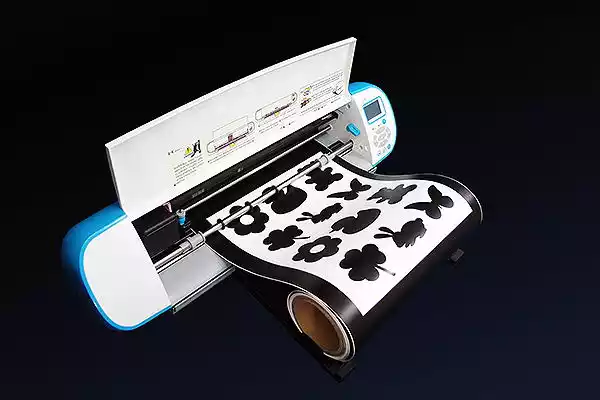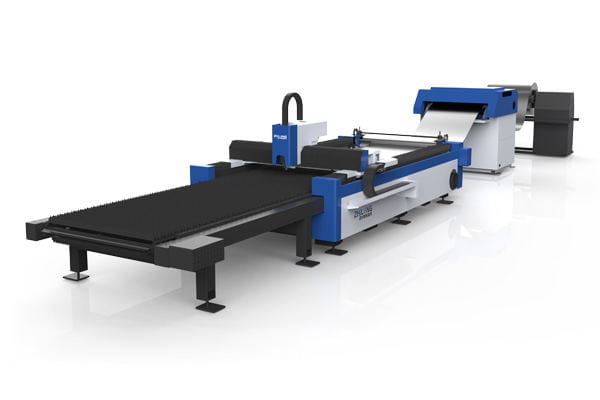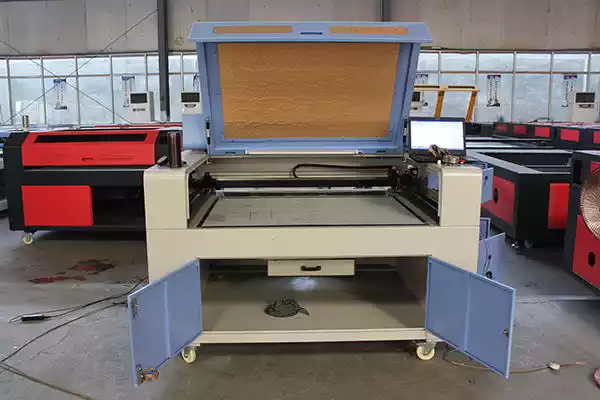Laser engraving machines have emerged as powerful tools in various industries, offering numerous advantages over traditional mechanical engraving methods. While traditional mechanical engraving involves physical contact between the cutting tool and the work piece, laser engraving utilizes high-intensity laser beams to etch or engrave designs onto a wide range of materials with unparalleled precision and efficiency. In this comprehensive article, we will explore the advantages of laser engraving machines compared to traditional mechanical engraving methods.
Ⅰ.Precision and Accuracy
One of the primary advantages of laser engraving machines is their exceptional precision and accuracy. Unlike traditional mechanical engraving, which may result in variations due to tool wear and manual adjustments, laser engraving offers consistent and precise results every time. The high-intensity laser beam can create intricate designs with fine details, ensuring uniformity and accuracy across the entire engraving surface. This level of precision is particularly valuable in industries such as aerospace, electronics, and medical, where precise markings and intricate designs are essential.
Ⅱ.Versatility and Flexibility
Laser engraving machines offer unparalleled versatility and flexibility compared to traditional mechanical engraving methods. These machines can engrave a wide range of materials, including metals, plastics, wood, glass, ceramics, and more, without the need for specialized tooling or setup. Whether it’s flat surfaces, curved objects, or irregular shapes, laser engraving machines can accommodate various work pieces with ease. This versatility enables manufacturers to meet diverse customer demands and explore new design possibilities across different industries.

Ⅲ.Speed and Efficiency
Laser engraving machines are significantly faster and more efficient than traditional mechanical engraving methods. The non-contact nature of laser engraving eliminates the need for time-consuming tool changes and setup adjustments, allowing for continuous and uninterrupted production. Moreover, laser engraving can achieve high-speed engraving rates without compromising on quality, making it ideal for high-volume production environments. The speed and efficiency of laser engraving machines contribute to increased productivity and reduced lead times, resulting in cost savings and improved competitiveness for businesses.
Ⅳ.Non-contact Process
Another significant advantage of laser engraving machines is their non-contact engraving process. Unlike traditional mechanical engraving, which involves physical contact between the cutting tool and the workpiece, laser engraving relies on the heat generated by the laser beam to etch or engrave the material surface. This non-contact process minimizes the risk of damage to delicate or fragile materials, reduces wear and tear on the machine components, and ensures consistent engraving quality over time. Additionally, the non-contact nature of laser engraving allows for the engraving of heat-sensitive materials without causing deformation or damage.
Ⅴ.Design Flexibility
Laser engraving machines offer unparalleled design flexibility compared to traditional mechanical engraving methods. With laser engraving, intricate designs, intricate patterns, and fine details can be easily achieved with precision and consistency. Moreover, laser engraving allows for the customization and personalization of designs with minimal setup time, enabling businesses to respond quickly to customer requests and market trends. The design flexibility offered by laser engraving machines opens up new possibilities for product customization, branding, and creative expression across various industries.
Ⅵ.Environmental Friendliness
Laser engraving machines are environmentally friendly compared to traditional mechanical engraving methods. Unlike mechanical engraving, which may produce waste materials such as chips, dust, and debris, laser engraving generates minimal waste during the engraving process. Additionally, laser engraving does not require the use of harsh chemicals or solvents for cleaning or maintenance, reducing the environmental impact associated with traditional engraving methods. The minimal waste and chemical-free operation of laser engraving machines contribute to a cleaner and more sustainable manufacturing environment.
In conclusion, laser engraving machines offer numerous advantages over traditional mechanical engraving methods, including exceptional precision, versatility, speed, efficiency, non-contact process, design flexibility, and environmental friendliness. These advantages make laser engraving machines indispensable tools in various industries, including manufacturing, jewelry, signage, personalization, and more. As technology continues to advance, we can expect further innovations in laser engraving technology, leading to even greater efficiency, precision, and creative possibilities for businesses worldwide.


